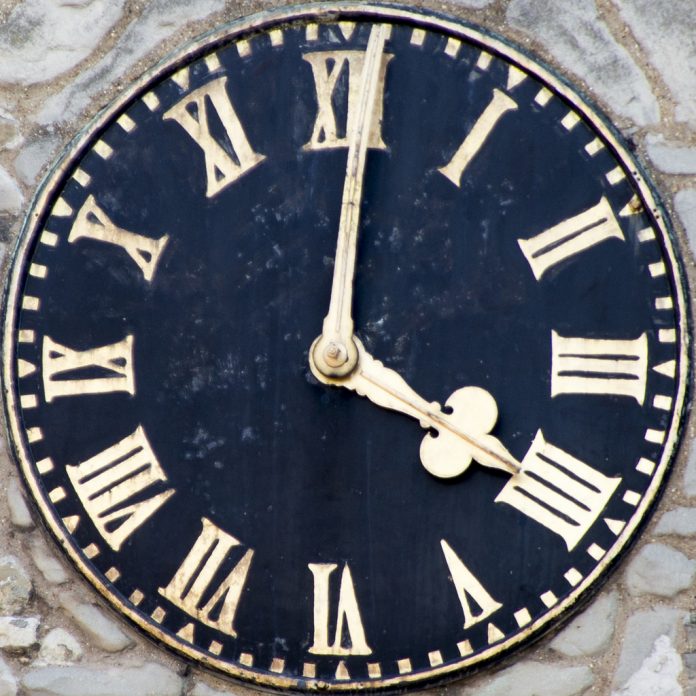EU countries that decide to keep their summer time should make their final clock change on the last Sunday in March 2021. Those that prefer to keep their standard (winter) time, can adjust their clocks for the final time on the last Sunday in October 2021, says the draft law approved by MEPs with 410 in favour,192 against, 51 abstentions.
MEPs backed the Commission proposal to end seasonal time changes, but voted to postpone the date from 2019 to 2021.
Responding to citizens’ initiatives, in February 2018, Parliament called on the Commission to assess the summer time arrangements directive and, if necessary, present a proposal for the directive to be revised.
Following the assessment, which received 4.6 million responses, of which 84% were in favour of ending the clock changes, the Commission tabled the proposal, which will now need to be agreed upon between the Parliament and EU ministers.
The EU first unified the summer time arrangements in 1980, in order to ensure a harmonised approach to time switching within the single market, as until then, national summer time practices and schedules were diverging. The current summer time arrangements directive requires EU countries to switch to summer time on the last Sunday of March and back to standard time on the last Sunday of October.
Protecting the single market
MEPs also want EU countries and the Commission to coordinate the decisions to ensure that the application of summer time in some countries and winter time in others does not disrupt the internal market.
If the Commission finds that the foreseen time arrangements could significantly, and permanently, hamper the proper functioning of the single market, it may submit a proposal to postpone the date of application of the directive by a maximum of 12 months, says the adopted text.
“We are listening to the demand of EU citizens who feel that this bi-annual change of time damages their health. Studies have shown that there is no significant saving of energy either by changing or not changing the time, so the health concern of children, elderly and ill people is enough for us to demand the abolition of the time change,” said rapporteur Marita Ulvskog (S&D, Sweden).
“It will be up to each member state to decide which one they prefer to keep. The European Union in any case does not have the competence to decide on the selected time. But we cannot allow for a patch work of different times to exist in the EU, so we expect member states to coordinate their decision. Having the proper information and coordination will be crucial, in particular for cross-border transport, from airplanes to trains. We are including one article by which the Commission will be able to postpone the application of the new directive in case the lack of proper arrangements could significantly and permanently hamper the proper functioning of the single market or may pose some threat. In that case, it may postpone the date of application by a maximum of one year and submit a new legislative proposal,” the rapporteur added.
“We have done our work, now it is up to the Member States to find a common approach to this issue as quickly as possible. Citizens are telling us that they are tired of changing time twice a year, they no longer want to confuse their biorhythms. We have to take this very seriously – especially the warnings from doctors about health hazards caused by the bi-annual time change”, said Czech MEP Pavel Svoboda, responsible for the issue on behalf of the EPP Group. “It is widely known that the introduction of the time change years ago did not lead to the expected benefits, such as energy savings. On the contrary, there are indications that it has been detrimental to human health. The EPP Group therefore urges the Member States to agree to abolish the seasonal clock change in 2021”, Svoboda added.
The text adopted is the Parliament’s position for negotiations with EU ministers on the final wording of the rules.

